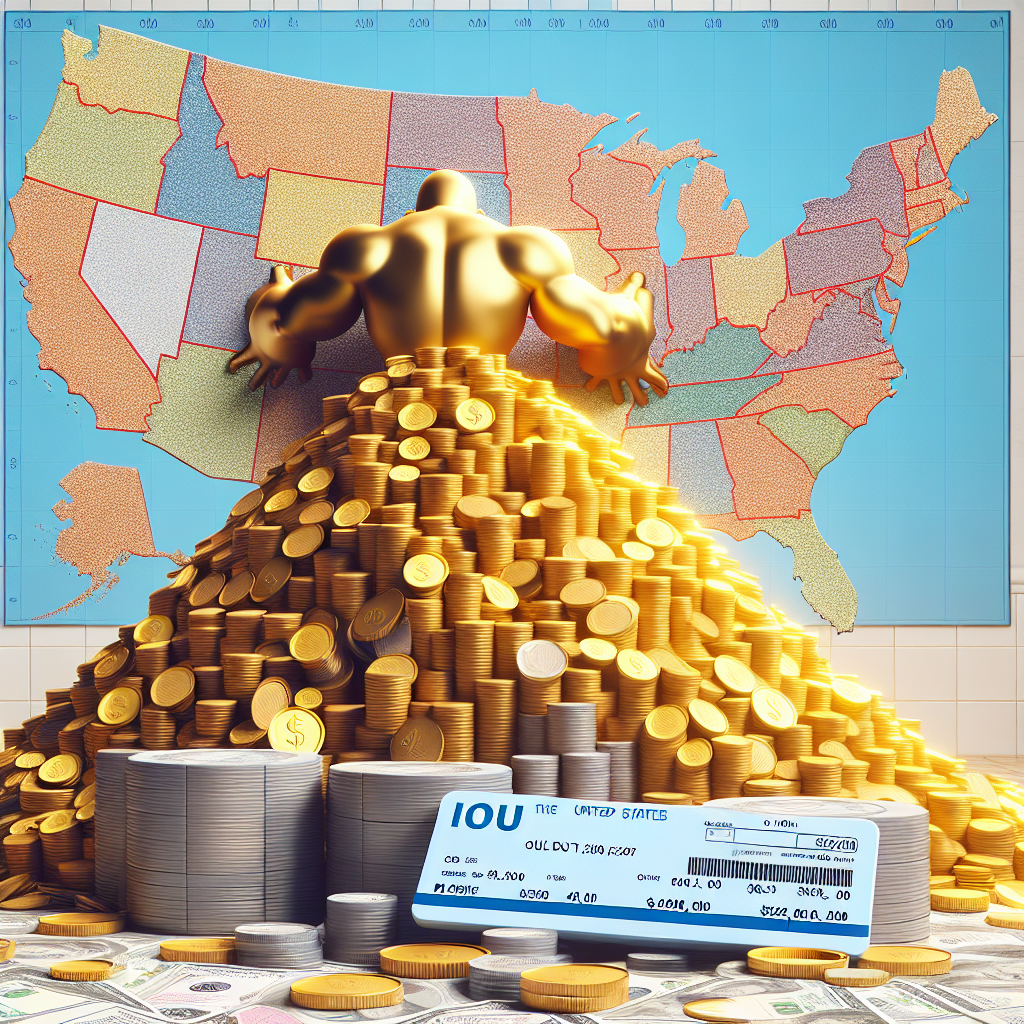U.S. Debt Crisis Warning: Potential Recession Could Skyrocket Debt Levels, Impact Economic Growth
An analyst from DoubleLine warns that potential recession and increased debt payments could significantly raise U.S. debt levels, affecting economic growth. Despite promises to reduce deficits, both parties are under scrutiny ahead of the presidential election. The Congressional Budget Office and Moody's have expressed concerns over rising debt projections.

Higher debt payments and the looming possibility of a U.S. recession over the next decade could elevate U.S. debt levels beyond current forecasts, weighing heavily on economic growth, according to an analyst at investment firm DoubleLine.
Ryan Kimmel, a macro asset allocation analyst at DoubleLine, stated that the U.S. government has historically expanded deficit spending during downturns. However, since 2016, deficits have increased even amid economic expansion and low unemployment, raising the threat of deeper debt-funded deficits during economic contractions. "There's finite demand for available capital to fund government debt issuance, and the only way to entice demand is through higher rates," Kimmel explained. "Your interest expense rises, necessitating higher taxes, which crimps economic growth and further exacerbates economic contraction. It's a vicious cycle."
Despite promises by Democrats and Republicans to curb deficit spending, Fitch and Moody's have downgraded U.S. debt ratings. The IMF also urged the U.S. to curb rising debt. Kimmel's calculations show that under various interest rate scenarios, debt-to-GDP ratios could spike drastically by 2034, potentially leading to economic instability. One solution proposed is reducing fiscal deficits through government spending cuts, a politically challenging move, Kimmel noted.
(With inputs from agencies.)










